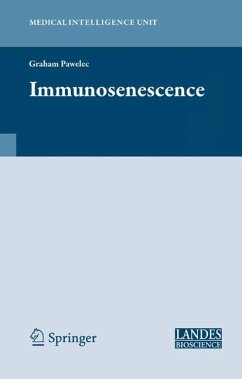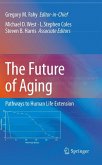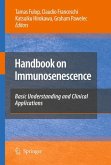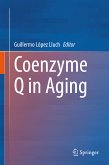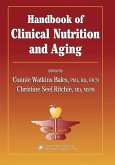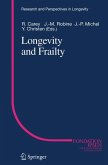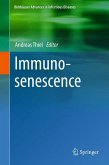Dieser Download kann aus rechtlichen Gründen nur mit Rechnungsadresse in A, B, BG, CY, CZ, D, DK, EW, E, FIN, F, GR, HR, H, IRL, I, LT, L, LR, M, NL, PL, P, R, S, SLO, SK ausgeliefert werden.
Hinweis: Dieser Artikel kann nur an eine deutsche Lieferadresse ausgeliefert werden.
"The book covers the basic biology of cell-mediated immunity decline, the consequences of the declined immune system, and interventional therapeutic approaches aiming to correct or reverse the aged immune system. ... The book ends with insightful review on therapeutic strategies aiming to correct or reverse immunosenescence. Overall, the book is very well written and should be recommended reading for cell biologists, immunologists, and physician scientists interested in the current scope of understanding immunosenscence and opportunities to explore therapeutic strategies for its correction." (Yang Zhou, Clinical Infectious Diseases, December, 2012)

